Aluminum Elbow for Marine Water Purification Systems
Aluminum elbows are specialized pipe fittings designed to change the direction of flow in piping systems, commonly at 45°, 90°, or 180° angles. In marine water purification systems, these fittings play a crucial role by enabling flexible and efficient pipeline layouts essential for filtered water transport and discharge. Manufactured from high-grade aluminum alloys, aluminum elbows offer corrosion resistance, lightweight and mechanical durability required in harsh marine environments where saltwater and varying conditions can accelerate component wear.
Product Features
Corrosion Resistance
One of the most significant advantages of aluminum elbows in marine applications is their resistance to corrosion, uniquely tailored to withstand the harsh, saline environment of seawater systems. Alloy additions and surface treatments enhance this capability further, ensuring minimal risk of erosion or pitting when in contact with marine water containing chlorine, salt, and suspended solids.
Lightweight Yet Durable
Aluminum's low density (~2.7 g/cm³) makes it significantly lighter than supplemental materials such as steel or brass, reducing the overall system weight, beneficial for installation and long-term structural integrity. Despite being lightweight, aluminum alloys like 6061 and 5083 used in elbows maintain excellent tensile strength and impact resistance, supporting high-pressure water flow common in purification plants.
Thermal and Mechanical Stability
Aluminum elbows perform reliably under typical marine ambient temperatures and can withstand pressure fluctuations without deforming. The thermal conductivity property also helps dissipate heat generated by water flow and filtration processes, preventing local overheating that could degrade flexible system components.
Clean and Smooth Water Flow
The interior surface finish of aluminum elbows is manufactured smooth to avoid unnecessary pressure drops and reduce fluid turbulence that can interrupt the purification process. This efficient flow maintenance helps in conserving operational energy while preserving water quality.
Chemical Composition and Mechanical Properties
| Parameter | Value Range | Standard Alloy Referenced |
|---|---|---|
| Chemical Composition (%) | ||
| Aluminum (Al) | Balance (~95-98) | 6061 / 5083 Aluminum Alloy |
| Magnesium (Mg) | 0.8 - 1.2 | 5083 (higher Mg content aids corrosion resistance) |
| Silicon (Si) | 0.4 - 0.8 | 6061 |
| Manganese (Mn) | 0.15 - 0.4 | Improves strength |
| Iron (Fe) | ≤0.7 | Impurity tolerance parts |
| Copper (Cu) | ≤0.3 | Limits galvanic corrosion |
| Zinc (Zn) | ≤0.25 | |
| Mechanical Properties | ||
| Tensile Strength (MPa) | 240 – 315 | Varies by alloy |
| Yield Strength (MPa) | 150 – 275 | Alloy and temper dependent |
| Elongation (%) | 8 – 17 | Indicative of ductility |
| Density (g/cm³) | 2.7 |
Values represent typical ranges found in aluminum alloys used for pipe fittings in marine environments.
Applications in Marine Water Purification Systems
1. Seawater Intake Piping
Aluminum elbows facilitate the directional routing of raw seawater away from intake channels to filtration units. Their resistance to marine salt water reduces long-term degradation and maintenance costs.
2. Filtration Units Connectivity
Elbows connect multiple stages of the purification system piping network, including sand filters, membrane units (e.g., reverse osmosis), and activated carbon beds, efficiently controlling water flow and system modularity.
3. Effluent and Brine Discharge Systems
After purification, aluminum elbows navigate discharge streams toward overboard pipelines or brine concentration disposal stations, thriving where chemical contamination and elevated salinity challenge common materials.
4. Maintenance and System Retrofitting
Due to their reduced weight and ease of machining, aluminum elbows offer impressions for retrofitting older systems or upgrading portions of existing plants with minimal downtime.
Installation and Maintenance Recommendations
Proper Welding and Joining Techniques: Aluminium welding with Tungsten Inert Gas (TIG) or Metal Inert Gas (MIG) recommended to maintain metal integrity.
Use Appropriate Sealing Materials: Select compatible gaskets to avoid galvanic corrosion or seal degradation.
Regular Inspection: Allows early detection of visible corrosion or wear, supports longevity.
Surface Coatings: Application of additional anti-corrosion coatings may be useful for extended outdoor installations exposed to spray and direct salt ingress.
Aluminum elbows assembled from premium corrosion-resistant alloys provide a lightweight, durable, and efficient solution for fluid routing in marine water purification systems. Their excellent resistance against seawater-induced degradation, combined with strong mechanical performance, makes them highly suitable for all pipeline directional adjustment needs in highly specialized purification settings. Selection of appropriate aluminum alloys and proper system integration ensures a sustainable operational lifetime with minimal corrosion challenges, contributing to reliable and eco-friendly marine water treatment infrastructures.
For tailored aluminum elbow configurations, physical dimension specifications, and consultation related to marine water purification applications, please contact our technical support team or authorized distributors.
Related Products
6061-T6 90-Degree Marine Aluminum Pipe Elbow
Manufactured from premium 6061-T6 marine-grade aluminum alloy, this elbow fitting is engineered to provide reliable and efficient pipe direction changes within shipbuilding, offshore platforms, and marine infrastructure systems.
View DetailsMarine aluminum round tubes
Marine Grade Aluminum Round Tubes are manufactured from premium marine alloys such as 5083, 5052, 6061, and 6082, all selected for their proven resistance to seawater corrosion and marine atmosphere degradation.
View DetailsCustom marine aluminum profile tubes
Custom Marine Grade Aluminum Profile Tubes are manufactured from premium marine aluminum alloys such as 5083, 5052, 6061, and 6082.
View DetailsMarine aluminum rectangular tubes
Marine Grade Aluminum Rectangular Tubes are made from high-performance alloys such as 5083, 5052, 6061, and 6082. These alloys are renowned for their ability to resist corrosive seawater and marine atmospheres while providing excellent mechanical strength and toughness.
View DetailsMarine aluminum square tubes
Marine Grade Aluminum Square Tubes are typically constructed from marine-grade alloys such as 5083, 5052, 6061, and 6082—well-known for their ability to withstand the aggressive effects of saltwater and marine atmospheres.
View DetailsRelated Blog
Marine Aluminum Elbow for Dual Water/Fuel Transfer Pipelines
The Marine Aluminum Elbow designed for dual water/fuel transfer pipelines is a critical component in the maritime and offshore industries. Engineered specifically for vessels and offshore platforms.
View DetailsCorrosion Resistant Marine Aluminum Elbow Fittings
When we think of marine infrastructure—ships, offshore rigs, and dockside installations—durability under harsh, corrosive environments is paramount. Among the various components, elbow fittings play a critical role in fluid transport systems, en.
View DetailsAluminum Marine Elbow for Ventilation Systems in Offshore Platforms
Offshore platforms operate under demanding environments where every component must align with strict safety, durability, and performance standards.
View DetailsSeamless Marine Aluminum Elbow for Emergency Ventilation Systems
In the demanding realm of maritime safety and engineering, emergency ventilation systems serve as a cornerstone for onboard operational security and crew welfare.
View Details5052 Marine Aluminum Tubes for Heavy Duty Marine Applications
When durability, corrosion resistance, and strength are paramount in marine environments, 5052 aluminum alloy tubes is know as the premium choice. Specifically engineered to meet the demanding specifications of heavy-duty marine applications.
View DetailsMarine Aluminum Elbow for Offshore Gas Storage Facilities
Offshore gas storage facilities represent some of the most challenging engineering arenas where materials must exhibit reliability, strength, and corrosion resistance under extreme marine conditions.
View Details

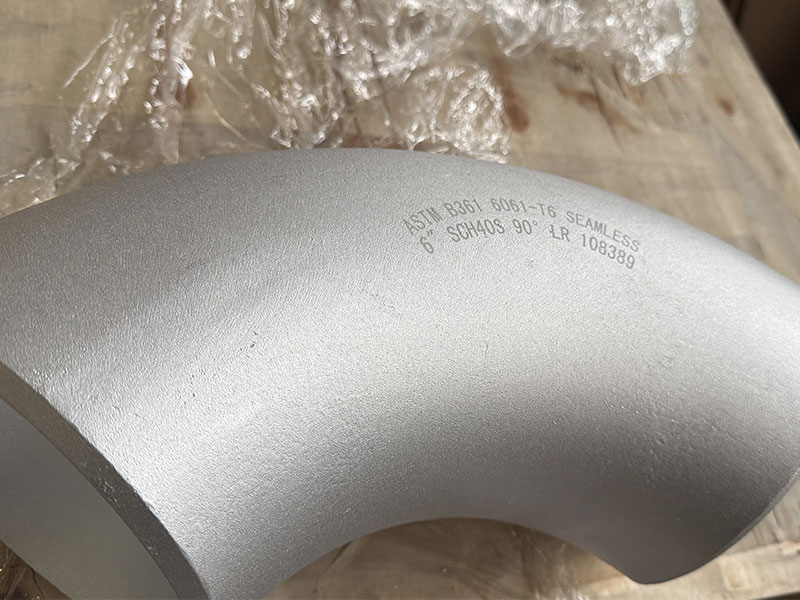
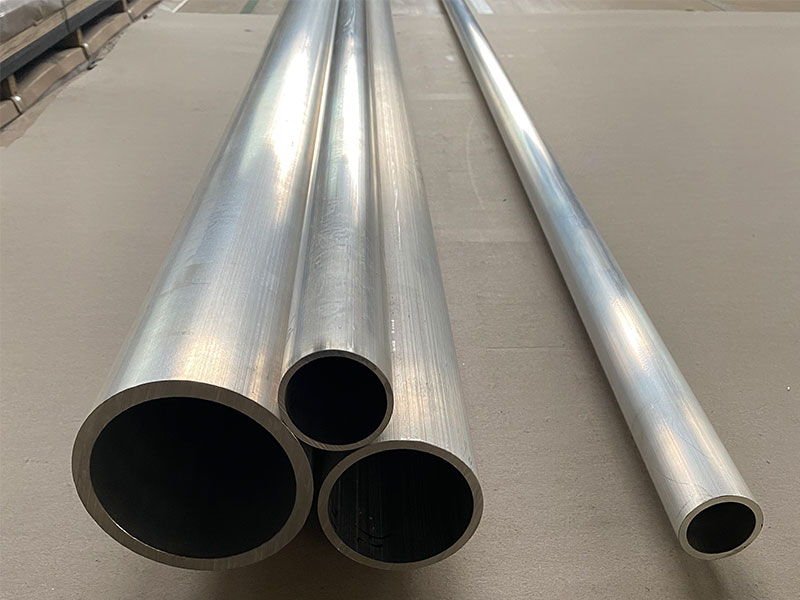
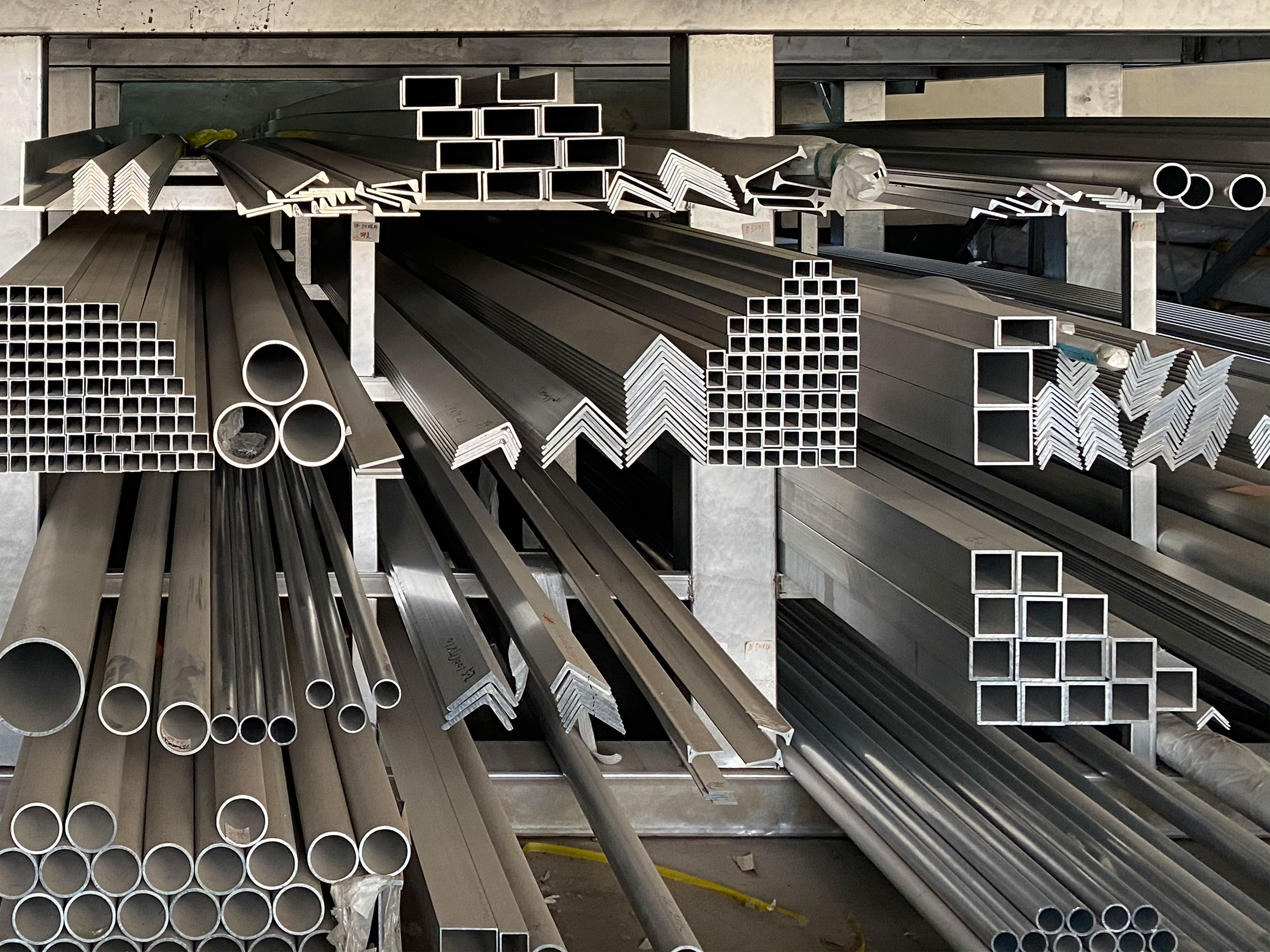
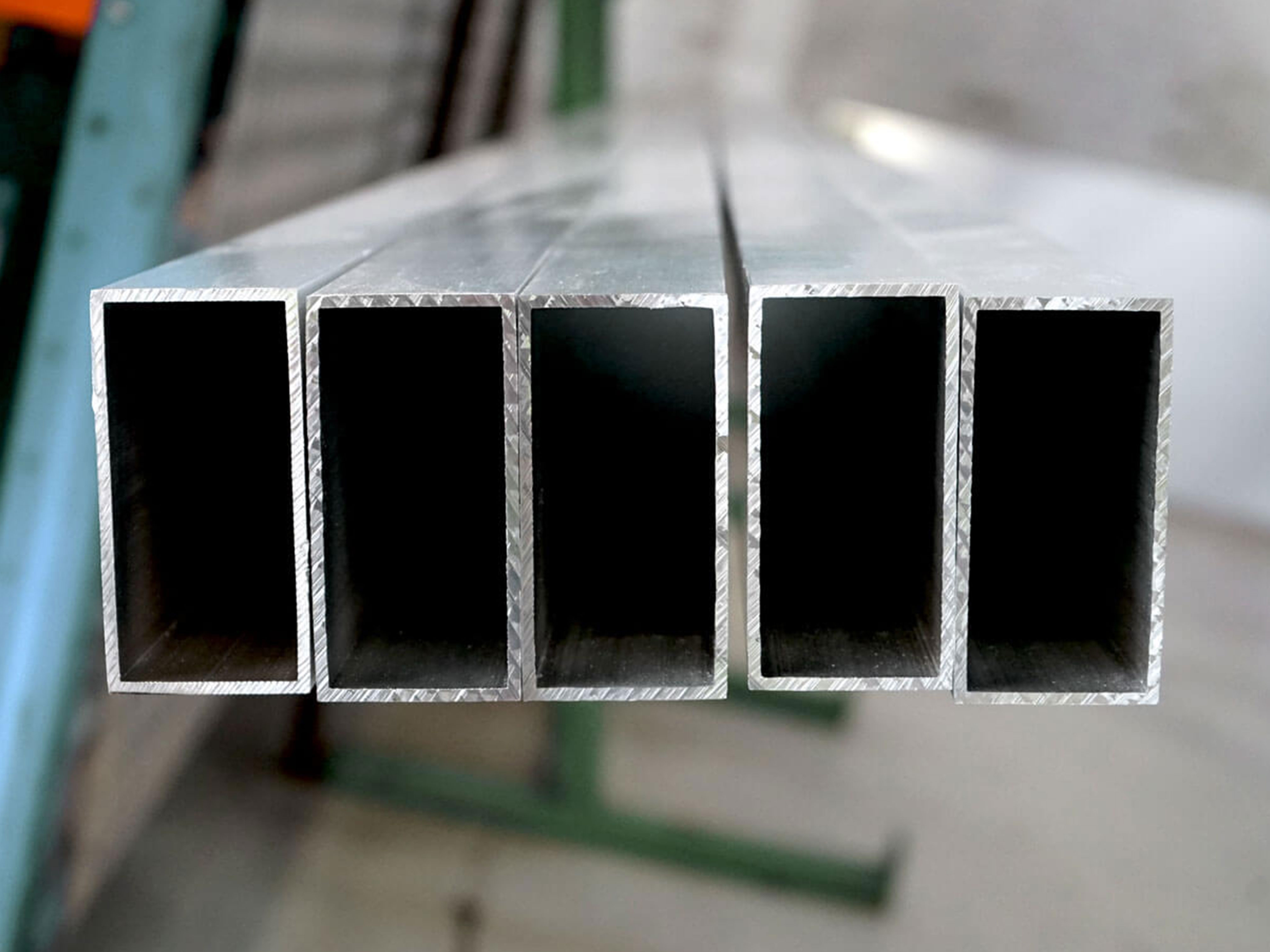
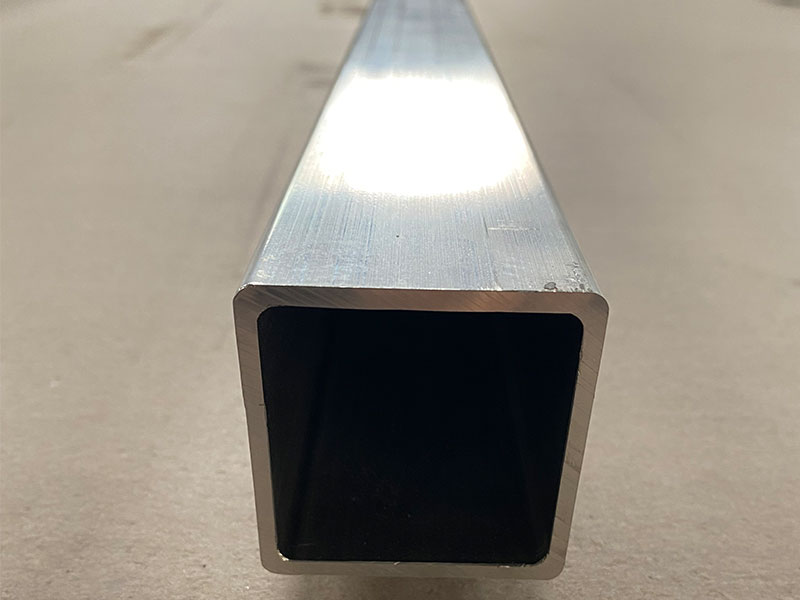





Leave a Message